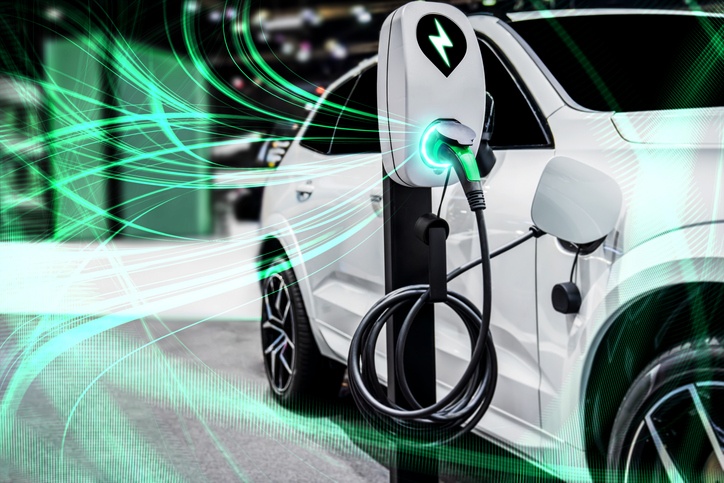EV push undermined by broken and malfunctioning public charging stations, with one in five drivers failing to successfully charge, says JD Powers.
Many electric car charging stations in the U.S. break or malfunction when drivers need them, which is undermining President Joe Biden’s efforts to phase out gas-powered vehicles, according to a JD Power study released on Wednesday.
Electric vehicle (EV) owners are complaining that public infrastructure to support EV usage is poor, despite efforts to increase the number of public EV chargers in the country, according to a Wednesday press release summarizing JD Power’s Electric Vehicle Experience Public Charging Study. The problem emphasizes the difficulty the Biden administration is facing in pushing electric vehicles as the growth in EV purchases is further straining the administration’s poorly developed EV infrastructure.
“The current state of public charging really isn’t very good,” said Brent Gruber, executive director of global automotive at JD Power, according to the Detroit Free Press.
The study, which surveyed more than 11,550 drivers from January through June 2022, reported that one in five drivers failed to successfully charge their electric car during a visit to a public charging station, according to the press release. Roughly 72% of EV owners whose vehicles weren’t charged attributed it to defective equipment, according to the press release.
“Not only is the availability of public charging still an obstacle, but EV owners continue to be faced with charging station equipment that is inoperable,” Gruber stated in the press release.
The two main public charging options, Level 2 and DC fast charging, vary in the time it takes to charge an EV. Level 2 charging ranges from 1.8 to 10 kilowatts (kW) while DC fast charging ranges from 50 to 350kW, according to JD Power. EVs can thus regain hundreds of miles of charge in 20 to 30 minutes using a DC fast charger; however, Level 2 charging is much slower and provides roughly of 25 to 30 miles of driving range per hour, meaning an eight-hour overnight charge can only grant 200 miles of driving range.
There are around 53,000 public Level 2 and DC charging stations across the nation, according to the U.S. Department of Energy’s Alternative Fuels Data Center. And although the majority of EV owners charge their vehicles at home, charging facilities must become more widely available if EVs are to become more appealing to consumers.
The Biden administration is creating a countrywide network of stations to get more EVs on the road and accelerate its goals to reach net-zero greenhouse gas emissions by 2050. The administration allocated $5 billion in funding to expand EV charging infrastructure as part of the infrastructure bill that Biden signed in November 2021.
JD Power and the White House did not immediately respond to the Daily Caller News Foundation’s request for comment.
Originally published by The Daily Caller. Republished with permission. Content created by The Daily Caller News Foundation is available without charge to any eligible news publisher that can provide a large audience. For licensing opportunities of our original content, please contact licensing@dailycallernewsfoundation.org.
For more Environment & Climate News.
